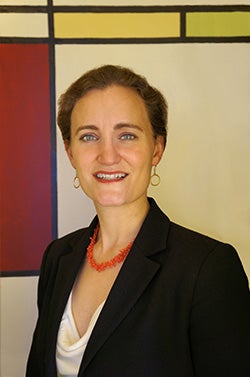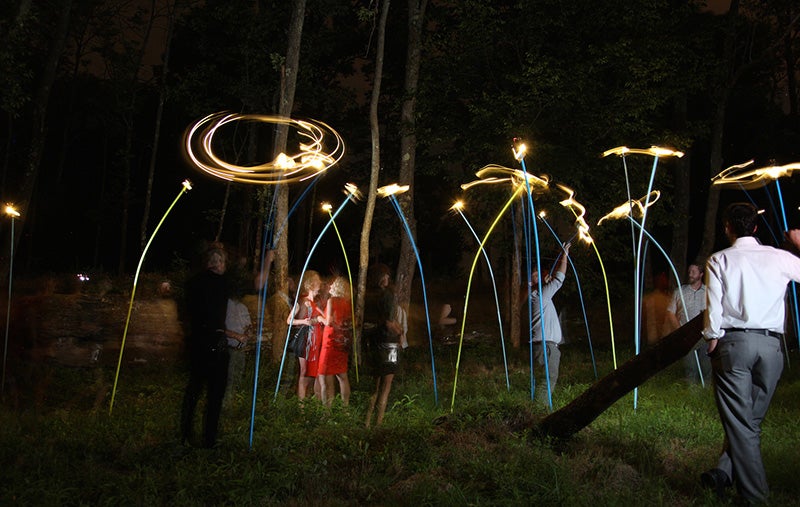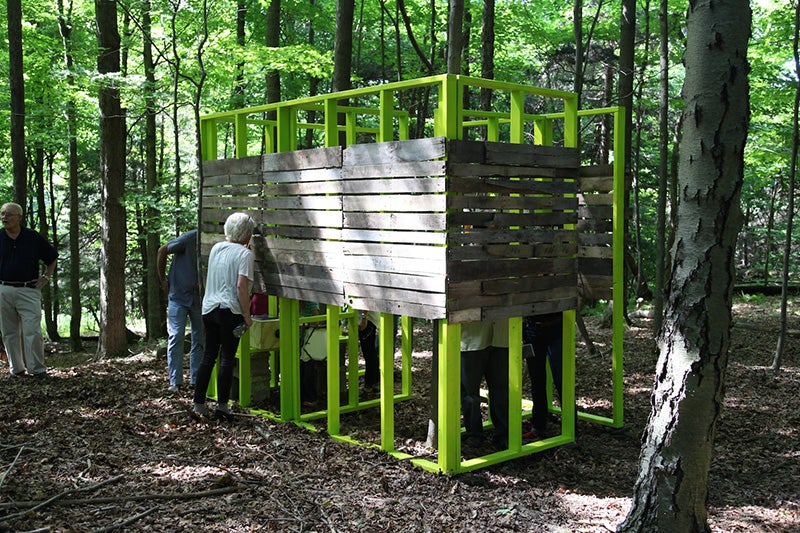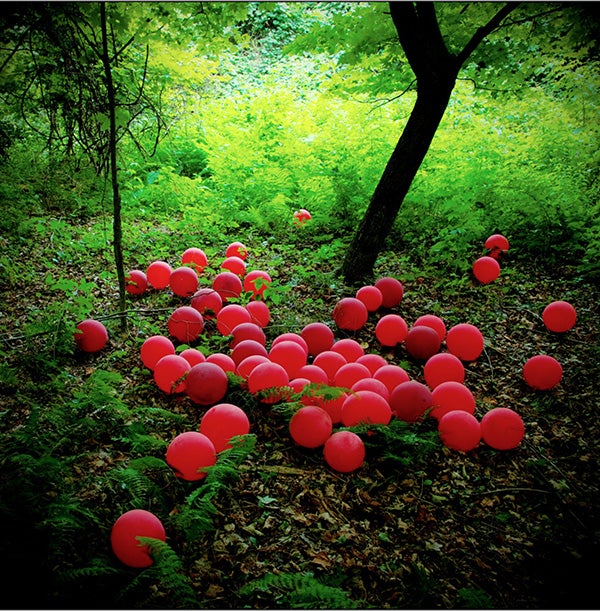 The Council of Educators in Landscape Architecture (CELA) has awarded Associate Professor Roxi Thoren the 2015 Excellence in Teaching Award–Senior Faculty. CELA confers this award to recognize excellence in creative, innovative, and effective teaching methodologies and practice to enhance excellence in teaching.
The Council of Educators in Landscape Architecture (CELA) has awarded Associate Professor Roxi Thoren the 2015 Excellence in Teaching Award–Senior Faculty. CELA confers this award to recognize excellence in creative, innovative, and effective teaching methodologies and practice to enhance excellence in teaching.
Thoren teaches in the departments of architecture and landscape architecture at UO and serves as director of the Fuller Center for Productive Landscapes.
CELA is the premier international organization for academic practitioners in landscape architecture. The excellence in teaching honor, a competitive award, will be presented at the CELA annual conference at Kansas State University March 27.
In 2014, Thoren published Landscapes of Change: Innovative Designs for Reinvented Sites, which the American Society of Landscape Architects named one of the top ten books of 2014.
“Roxi Thoren brings rigor and cutting edge thinking to her classes and to our academic programs,” says Acting Dean Brook Muller. “She develops strategic and topically relevant interdisciplinary learning opportunities, with a particular emphasis on the integration of landscape architectural, architectural, and artistic thinking. In developing theoretical and practical design frameworks for approaching ‘reinvented’ and repurposed sites, she seamlessly marries teaching and scholarship. Through Roxi’s effective facilitation, students can readily understand landscape architecture as a critical mediating discipline between ecologies and economies and science and art.”
Recognizing that landscape architects are well positioned to solve many of our thorniest problems—environmental degradation, climate change, population growth and resultant environmental vulnerability—Thoren teaches students to ask and begin to answer those vexing questions. Her teaching centers on the pedagogical value of place and haptic experience; draws broadly from diverse fields to ground inquiries in ethics and significance; and uses discourse as a critical learning style, helping students to find their voices.

Above: Student work from the Fuller Center Overlook Field School, exploring and critiquing the processes, forms, and phenomena of the forest (summer 2013) and of power generation (summer 2014). Shown here: Electric Fescue, Andrew Jepson-Sullivan, MLA ’16.
Over the past four years directing the Fuller Center for Productive Landscapes, she has developed a suite of educational opportunities for the Department of Landscape Architecture that fully implement her ideals of student-centered, place-based, and broadly humanistic learning. She organizes three annual events: a summer field school that is an immersive, intense experience for ten students, bookended by a preparatory spring seminar open to the entire department and a fall lecture open to the public. She intentionally choreographs the year’s program, alternating between different physical settings, learning modes, class size, and inquiry media. The field school, the core of the Center’s programs, uses the local landscape as a text, exploring agriculture, forestry, and power generation. The program challenges the students to express critical ideas in poetic and beautiful forms, using landscape architecture and art as a discursive site for debating social values. Student work from the field school was recently awarded an ASLA Oregon Honor Award—the first the chapter has ever given out for student work.
Thoren holds master's degrees in architecture and landscape architecture from the University of Virginia. A Fulbright Fellow (Iceland) and a Landscape Architecture Foundation research fellow, Thoren has received research and design awards from the Council of Educators in Landscape Architecture, the American Society of Landscape Architects, and the Council of Landscape Architectural Registration Boards.

Above: Student work from the Fuller Center Overlook Field School. Shown here: Sing Canary, Emma Froh, MLA ’14.

Above: Student work from the Fuller Center Overlook Field School. Shown here: Presence, Petar Iliev, MLA ’15.
